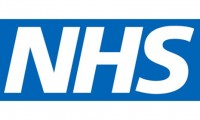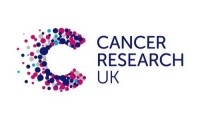-
IU researchers receive $5 million grant to improve care for adolescents with opioid use disorder
- Source: drugdu
- 99
- November 16, 2023
-
New UK research institute launched for motor neurone disease
- Source: drugdu
- 93
- November 9, 2023
-
$13M NIH grant funds research to rejuvenate immune system in older adults
- Source: drugdu
- 109
- November 3, 2023
-
Birmingham researchers develop nanobodies to understand platelet disorders
- Source: drugdu
- 110
- October 16, 2023
-
Mount Sinai researchers receive NIH grant to compare new treatment options for sickle cell disease
- Source: drugdu
- 161
- October 14, 2023
-
Elligo Health Research expands Study Marketplace with Syneos Health
- Source: drugdu
- 151
- October 13, 2023
-
Research could lead to the development of new weight-loss drug that mimics exercise
- Source: drugdu
- 219
- October 6, 2023
-
NHS Confederation research supports investment in NHS services
- Source: drugdu
- 102
- October 1, 2023
-
Cancer Research UK invests £123m in Scotland
- Source: drugdu
- 110
- October 1, 2023
-
Cancer Research UK partners with French cancer institute
- Source: drugdu
- 95
- September 30, 2023
your submission has already been received.
OK
Subscribe
Please enter a valid Email address!
Submit
The most relevant industry news & insight will be sent to you every two weeks.













